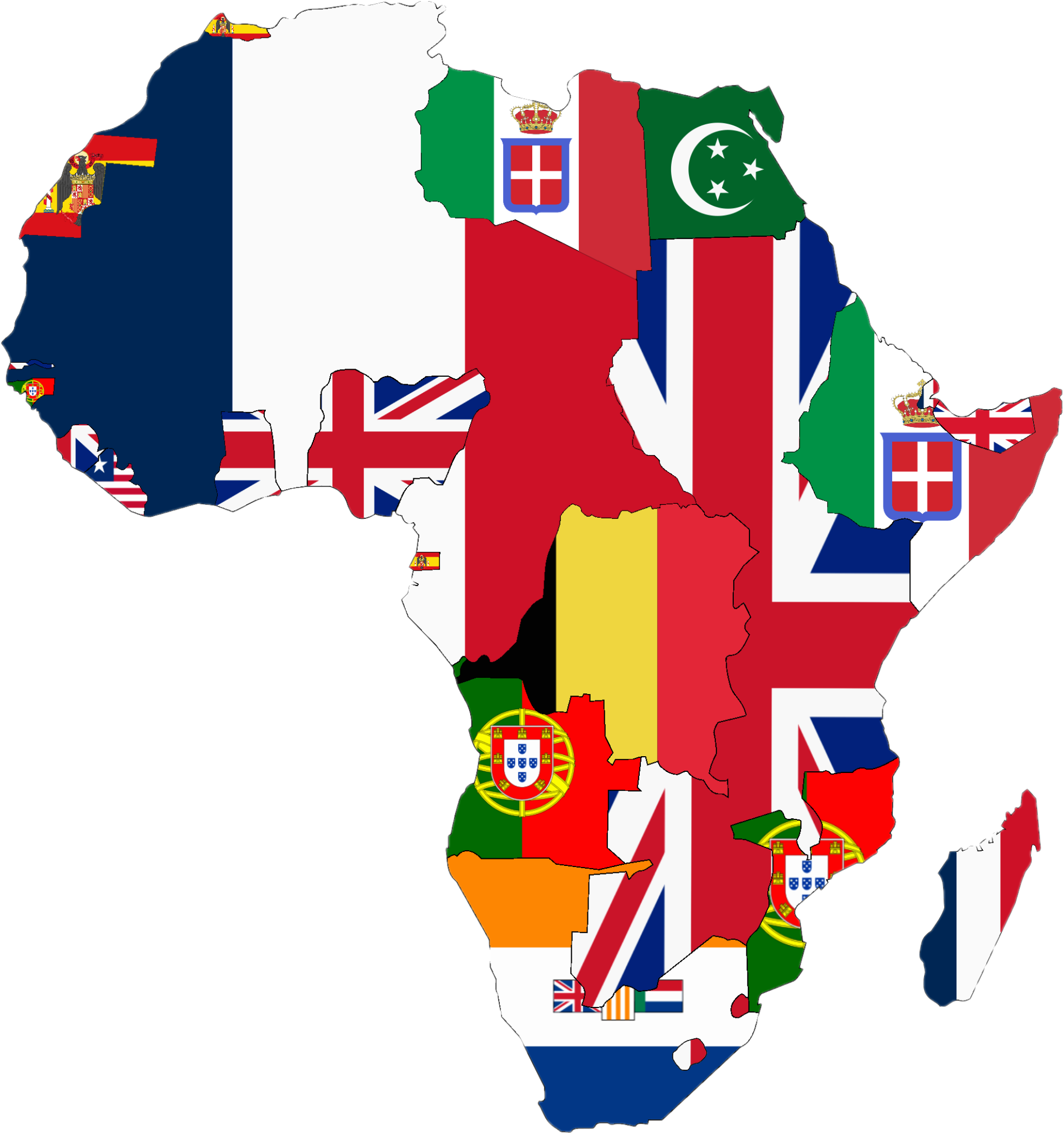First in a series by guest author Dr. Dahlia Wasfi
Imperialism is defined as the policy of extending a nation’s authority by territorial acquisition or by the establishment of economic and political hegemony over other nations.
The British Empire’s reign expanded through the invasion of 90% of the countries on Planet Earth, including those of Western Asia (the “Middle East”). This region remains riddled with violent strife.
Duplicity by the Allies during the World War I era is the root of the injustice and accompanying conflict that continue between Western Asia and Western powers. Today, the imperialist drives of the United States and NATO are continuing the bloodshed in this region for the sake of economic exploitation.
By 1916, British forces battling the armies of the Ottoman Empire in Mesopotamia were suffering great losses. Facing defeat, the Crown dispatched British Army officer Thomas Edward (T.E.) Lawrence—also known as “Lawrence of Arabia”—to rally the Arab tribes against their Ottoman rulers. Lawrence promised the native peoples their independence in return for fighting alongside the British. Lured by these guarantees of self-rule, indigenous leaders agreed.
The Arab Revolt of 1916-1918 was instrumental in the defeat of the Ottoman Empire. But the Allied Powers had their own desires to exploit the vast resources of the region. They never intended independence for the Arabs.
Beginning in 1915, representatives from France, England, and Russia conducted clandestine negotiations to divide up Ottoman territories—their anticipated spoils of war—among them. In May 1916, the final deal apportioning control of Arab lands to colonial powers was signed by British politician Sir Mark Sykes and French diplomat Francois Georges-Picot—just as T.E. Lawrence was promising Arabs their independence in exchange for their help.
The stealthy Sykes-Picot Agreement rendered the Crown’s guarantees of self-determination meaningless. (If only the Arabs could have consulted with the indigenous peoples of the Americas on what promises mean to European colonizers.)
(The next installment will discuss ongoing imperialism in the region today.)


